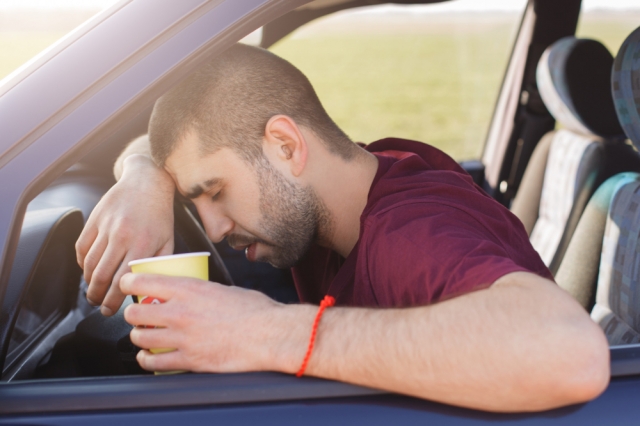The National Highway Traffic Safety Administration (NHTSA) reports that about 34 persons die each day from drunk driving in the United States. In 2023, drunk drivers caused 12,429 deaths.
You will basically hear these two words if you get caught for drinking and driving: DUI and DWI. What do they mean? Are there any differences between DUI and DWI? In some states, DUI means "driving under the influence," whereas in other states, DWI means "driving while intoxicated." In certain jurisdictions, the two terms are considered different offenses.
No matter what the period is, there can be fines, license suspensions, higher insurance rates, and even jail time. According to a Monroe DWI defense attorney, you shouldn't try to defend yourself against these allegations without getting legal help first.
Let's discuss the distinctions between DUI and DWI and why it's so important to understand them.
Definition of DUI and DWI
You cannot handle a driving charge properly unless you know the distinction between DUI and DWI. When a person is drunk or high and unable to control the car, it is called "driving under the influence," or DUI.
DWI means that someone had almost or enough alcohol to be rigidly tested for blood alcohol content or BAC analysis.
Some states treat these charges as if they are one and the same, while others would apparently consider them distinguishable. If you can keep this distinction, you either can discuss the experience with another person or perhaps assist a friend in facing DUI or DWI charges.
Understanding how DUI and DWI apply to certain states will help promote safe driving and fruitful discussions in a community. Knowing these terms instills a sense of responsibility within your circle.
Legal Implications by State
If you're facing charges, knowing the legal difference between DUI vs. DWI is important.
A few states use the term DUI to specify alcohol alone, while the term DWI can extend to include drugs too. You could also find states having all kinds of different limits set for the actual blood alcohol content of the driver.
Several states allow a DUI charge if the driver's BAC is 0.08 percent. The legal blood alcohol requirement for an individual under 21 depends on the severity of the charge in the state where the violation was committed.
Once you know the policy in your state, you may want to prepare for what could go on.
Common Penalties for DUI and DWI
Getting charged with DUI opens many consequences for individuals. You may be charged with heavy fines depending upon the state you live in or if it is your first offense. You may also be looking at a suspension of your license for some period of time while you find alternative transportation.
Community service is yet another usual penalty, and some states might even send you off to alcohol education programs. You could go to jail if you get another DUI or DWI. If you commit these crimes, you could be punished in a way that keeps you away from your family, friends, and other people.
At the very least, a lawyer's counsel can assist someone in getting back into society without any problems.
Impact on Insurance Rates
The consequences for a DUI or DWI can also affect your insurance payments. Under a DUI charge, an increased-risk label is slapped on your status by insurance companies, which hikes up the prices of your insurance premiums.
Think of witnessing a 20–50 percent surge in rates or even more, depending on where you live or who you are insured by. Some insurance companies might outright refuse to renew your policy. Keep in mind that these rate hikes will show up on your insurance records for a long time. Such actions will drain your finances and simultaneously make you feel isolated.
Knowledge of the charges' effects on your insurance rates can urge you to make better choices or search for opportunities to reduce your insurance costs.
Prevention and Safety Measures
You can surely keep these dangers away by being a responsible driver. If you intend on heading out for some drinks, it is advisable to look for a sober driver beforehand or use whichever services are close by, such as Lyft or Uber. Get your friends to think this way, and include them in the people who make decisions for you.
See to it that your phone is charged fully or at an emergency charge percentage so that you can use ride-hailing apps when necessary. At parties, avoid drinking hard and try to stay sober.






